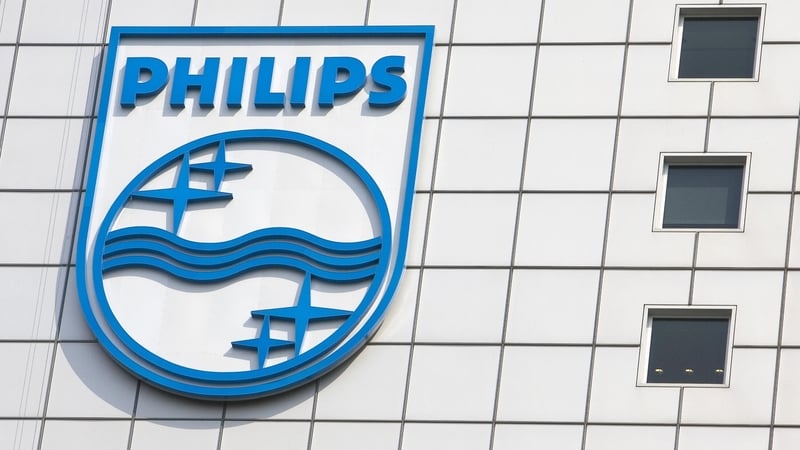Dutch healthcare technology company Philips has today cut its profit margin forecast for 2025, citing a net impact from tariffs of between €250-300m despite “substantial tariff mitigations”.
The US is Philips’ largest market, accounting for about 40% of its projected 2024 sales and one-third of its tax contributions.
The company imports various products from China, including Respironics breathing masks, electrical shavers, toothbrushes, and other devices, while sourcing medical equipment from Europe.
Philips plans to reduce the potential impact of trade tensions, mostly from US tariffs on Chinese imports and China’s counter tariffs, with actions including pricing and supply chain adjustments, CEO Roy Jakobs said on a post-earnings call.
He added that the company would accelerate production at some of its 46 US locations and further localise its Chinese operations, which supply 90% of its market in the country.
While the rates and timing of US tariffs on the health sector remain unclear, analysts anticipate that companies will likely have to absorb any near-term costs if these tariffs are imposed.
Washington has launched an investigation into the pharmaceutical industry, laying the groundwork for possible levies.
“We are in contact with governments in China, in the EU, in the Netherlands, and also in the US”, Jakobs said. “We also talk about indeed excluding medical technology from the current tariff regimes.”
Philips plans to leverage relief measures including the so-called Nairobi Protocol, which exempts from tariffs some devices used to treat chronic conditions. Other cost reduction measures do not exclude job cuts, “but it’s far beyond people alone,” Jakobs said.
Philips, which makes consumer electronics, appliances and medical equipment, paid €38m in US customs duties last year, according to a February report.
Including the impact of tariffs, Philips now expects its adjusted earnings before interest, tax and amortisation (EBITA) margin to come in a range between 10.8% and 11.3%, down from previous forecast of 11.8%-12.3%.
“This appears to factor in a resumption of all tariffs at currently announced rates,” JP Morgan said in a note. “There is scope for upside on any lowering of the rates.”
The Dutch company reaffirmed its forecast for comparable sales growth of between 1% and 3% this year, after reporting a smaller-than-expected sales decline in the quarter. A strong performance in North America helped offset a decline in China.
Sales for the quarter ended March 31 were €4.10 billion euros, down 2% year-on-year in comparable terms, but exceeding analysts’ average forecast of €4.02 billion, according to a company-provided consensus.
The company is a main competitor of GE HealthCare and Siemens Healthineers. GE HealthCare also warned that tariffs could impact its full-year profits, expecting losses of around $500m. Siemens Healthineers reports its first-quarter results this week.




